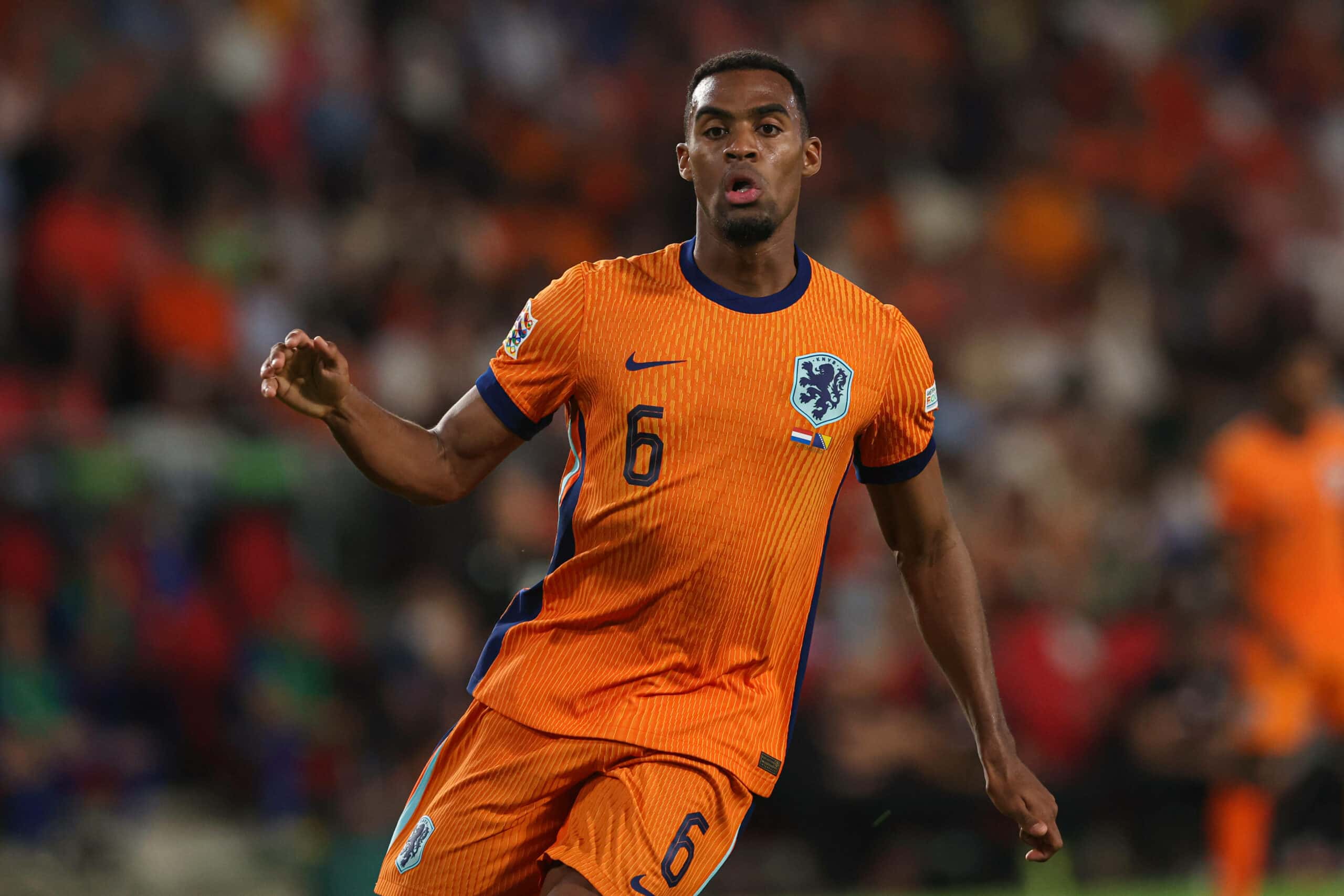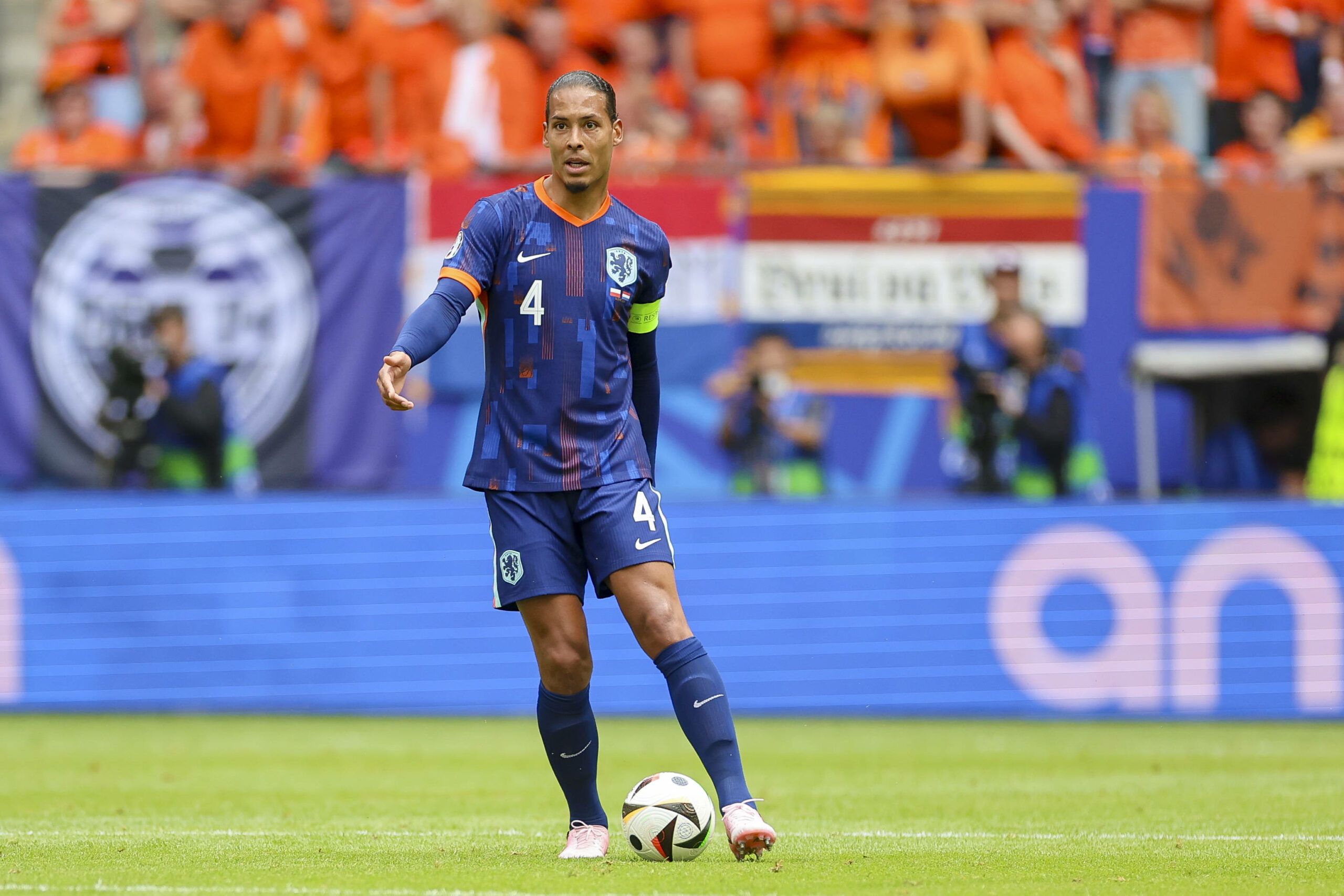Football’s international breaks often come with mixed feelings among club supporters and managers alike. While some see it as an unwelcome interruption, potentially riddled with injury risks for key players, others view it as a time for players to gain invaluable experience and confidence. Recently on Anfield Index’s ‘Media Matters’ podcast, David Lynch shared his thoughts on Liverpool players Trent Alexander-Arnold and Ryan Gravenberch, who have turned heads with their performances on international duty. Here’s a dive into their journeys and what this could mean for Liverpool.
Alexander-Arnold and Gravenberch Shine Abroad
David Lynch’s commentary highlights a silver lining to the cloud of international football. He suggests that despite the inherent risk of injury, there’s a tangible benefit in the form of boosted player confidence. “I suppose it’s further risk of injury whilst they’re on international break, but it could also give them a bit of confidence,” Lynch remarked.
Confidence Boost for Trent
For Trent Alexander-Arnold, international breaks have been a mixed bag historically. Criticism at the club level can often follow a player to the national team, but Lynch observes a potential turnaround. “Trent coming back from international break not feeling absolutely terrible might be nice!” he commented. This perspective is pivotal as it underscores the psychological boost that successful international stints can provide to players, perhaps hinting at a more robust return to club duties.
Gravenberch’s Rising Star
Ryan Gravenberch’s journey with the Netherlands national team also garnered praise from Lynch. “With Gravenberch, the fact that he’s been able to go away and make his mark for Netherlands shows how important he wants to be for club and country,” Lynch noted. This statement not only highlights Gravenberch’s ambition but also his potential to translate his international form into club successes.

Scapegoat No More?
The label of a ‘scapegoat’ can be damaging, and Alexander-Arnold has had his share of unwarranted criticism. Lynch’s observation offers an interesting viewpoint on this issue. “I guess with Trent, he was a scapegoat when he wasn’t even playing so he may as well actually be playing and trying to enjoy it and take some confidence from it,” Lynch argued. This could be a call to fans and critics alike to reconsider the narrative around players like Trent, who are frequently under the microscope.
Lessons from Van Dijk
The podcast also touched upon Virgil Van Dijk, another Liverpool stalwart facing criticism despite his formidable reputation. “Virgil Van Dijk’s been the best defender in the world for years and even he has been getting hammered by Dutch legends,” Lynch shared. This reflects the high expectations and harsh realities top players face, whether on international duty or at their home clubs.

Conclusion: A Necessary Evil?
While the international break is often criticized, the experiences of Alexander-Arnold and Gravenberch suggest it can also be a period of significant personal and professional growth. Their performances could help silence critics and boost their contributions to Liverpool in the coming matches.
As clubs like Liverpool navigate the complexities of international football, the insights from figures like David Lynch provide valuable perspectives on the challenges and opportunities that these breaks represent. For Alexander-Arnold and Gravenberch, the recent international break might just be the impetus needed to elevate their game to the next level, proving that sometimes, what seems like a disruption can actually be a catalyst for improvement.



